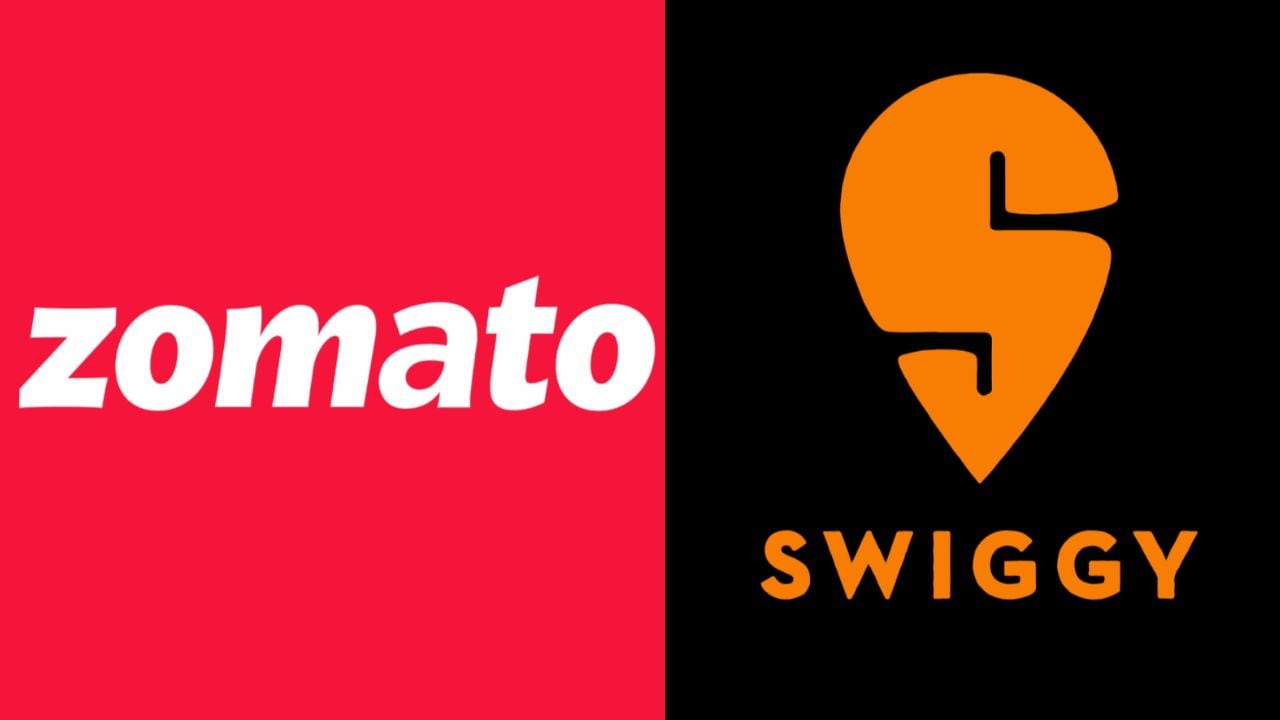The National Restaurant Association of India (NRAI) has sharply criticized food aggregators Swiggy and Zomato for venturing into the quick commerce space with their private-label food apps. The launch of these platforms, Snacc by Swiggy and Bistro by Blinkit (owned by Zomato), has sparked allegations of unfair competition, abuse of power, and data misuse.
Sagar Daryani, President of the NRAI, expressed his strong disapproval of the aggregators’ new moves, calling them a betrayal of trust. “Aggregators are supposed to facilitate the food business by ensuring delivery, but launching their own food apps is unacceptable,” Daryani stated in an interview with CNBC-TV18. “This is sheer abuse of power, and we completely condemn it.” Daryani has called out food apps like Snacc by Swiggy and Bistro by Blinkit, which is owned by Zomato.
The crux of the NRAI’s concern lies in what they view as an unfair advantage for the aggregators. Daryani argues that Swiggy and Zomato, which have access to vast amounts of data from their partner restaurants, could now use that information to siphon off customers to their private-label offerings. “They know exactly who our customers are, while we face consumer masking,” Daryani explained. “They can easily divert traffic to their apps and sell similar products, like samosas or momos, under their private labels.”
The NRAI further alleges that this move is especially damaging to smaller restaurants, which rely heavily on food delivery services but are now forced to compete with the very platforms they depend on. “For the small player selling chai or biryani, this is devastating,” Daryani emphasized. “It’s not a level playing field.”
Swiggy and Zomato have reportedly assured the NRAI in the past that they would refrain from entering the food business directly, but the association now feels betrayed. Daryani recalled, “We feel backstabbed. These were verbal assurances given during past conversations. Yet, here we are, with Snacc and Bistro already launched.”
The NRAI is considering legal action in response to what it sees as an infringement on restaurant interests. Daryani confirmed that the association is exploring the possibility of adding these grievances to the ongoing investigation by the Competition Commission of India (CCI) or pursuing separate legal measures. They cannot wait and watch while their business gets obstructed. An injunction or other legal measures are definitely on the table, he said.
The restaurant industry is already reeling from the burden of high commission fees, deep discounting, and flash sales imposed by the aggregators. According to Daryani, these challenges are compounded by the new competition from food apps launched by the aggregators themselves. “Margins in online food delivery are almost non-existent. Adding direct competition from aggregators will make survival impossible for many small operators,” he warned.
Daryani also pointed to regulatory precedents in India’s e-commerce sector to bolster his argument. He noted that companies like Flipkart have faced restrictions on selling private-label products, questioning why Swiggy and Zomato should be allowed to do otherwise. “If e-commerce giants aren’t allowed to do it, why should Zomato and Swiggy be any different?” he asked.
